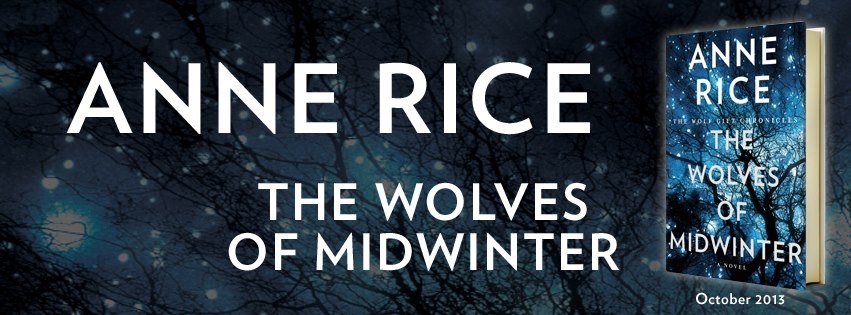Grave Expectations
Simon and Schuster graciously provided me a complimentary copy of this book. Thanks to them for this, even if my review is not exactly positive!!
From the outset, I was really curious about this book because its an example of a rising trend of authors rewriting certain classical works as supernatural thrillers. As I began reading the novel, my high interest decreased because it was nearly as clever nor as inventive as the title and creative premise suggested. Right from the beginning, you can see obvious parts of the original novel that remain intact and notice where certain supernatural elements substitute the more mundane elements of the originals. The writing itself is written in a more accessible, modern language than the original tales which may explain their wide appeal among readers.
Except, the supernatural elements did not really enhance the books themselves, but rather muddled the meaning. At times, it felt like I was trying to extract the vital elements of the original story that have not somehow become elements borrowed from the large number of well-known horror stories. Certainly, the idea of Miss Havisham being a vampire appears appealing and oddly funny. Until, you remember that vampires have as of recent become so prominent in young-adult fiction that is does not seem clever anymore to add them to every book possible. (With that said, I still love Anne Rice's Vampire Chronicles!)
Instead, it just seems like these supernatural elements added to the book to appeal to a larger group of readers. Its almost as if they were redesigning it for a contemporary audience that might abhor the idea of reading the original novel by Dickens that they believe too be too ponderous and perhaps irrelevant. But, the idea of werewolves and vampires appearing alongside the original tale might prove to be too tantalizing for readers to overlook. They might very well pick up this book without even thinking of its origins as a well-known, but much hated required read in public school.
Personally, I remember loving the experience of reading this story not because it was riveting but richly satisfying. For me, Sherri Browning Erwin's new version of the original tale seemed to be unnecessary especially since it really is the original novel with supernatural elements tacked on. Similarly, I found Pride and Prejudice and Zombies to be a humorous idea but having it be a whole novel in of itself seemed like fruitless labor on the author's part.
Now, I saw glimpses of Sherri Browning Erwin's skilled writing while forcefully trying to read this novel. She certainly knows how to write with an intent on clarity and flow. She also does seem to have great expertise in maintaining Dicken's tone. But, the writing was not compelling to me because it did not bear any reflection of the author's spirit. When I read books, I want not only the story but some reflection of that artist's soul. This book as a result did not have that artistic significance that I long for within a novel. Hopefully, I'll get to read Sherri Browning Erwin's other novels, besides her classic novel rewrites. These books are just not what as a I reader want to read. For me, the best part of reading an author's novel is to read the stories that are the products of their minds. Certainly, some people will disagree but personally, I don't think this particular genre is for me. I still recommend this book only because I never dissuade people from something I subjectively found not to be very enjoyable.
The Absinthe Earl Author Interview & Giveaway!
-
Today is the release date for THE ABSINTHE EARL, by Sharon Lynn Fisher. I
was lucky to get an early review copy to provide a potential blurb for
Sharon ...
4 years ago













